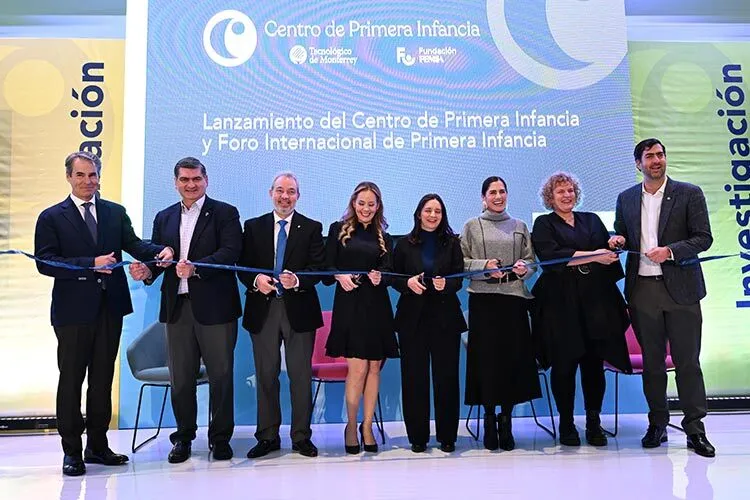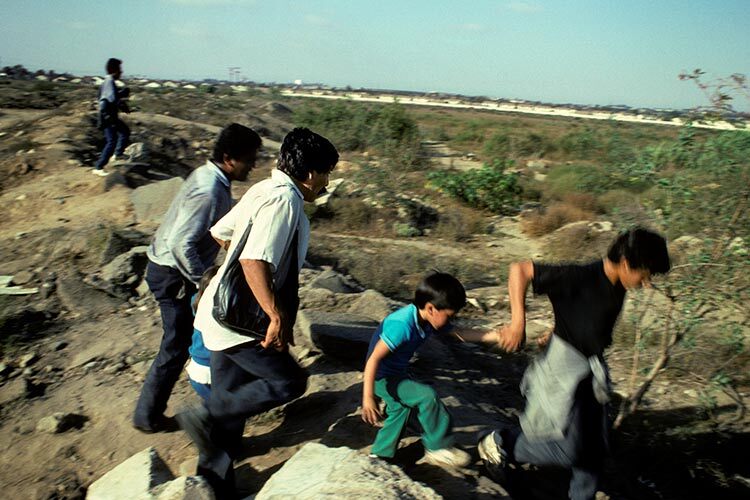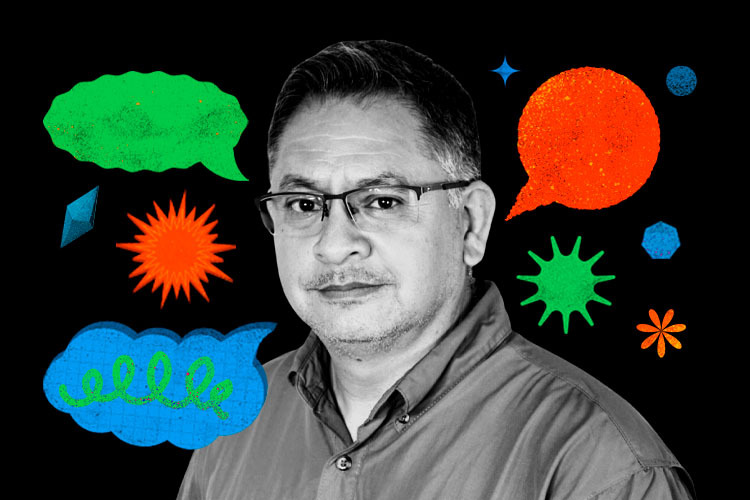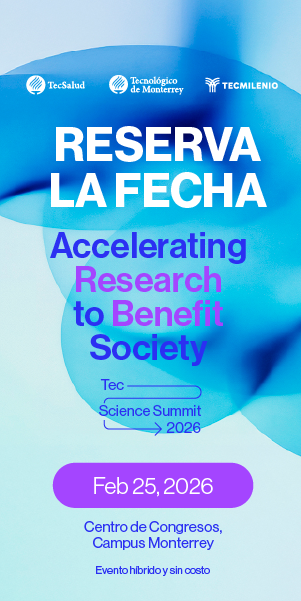It is difficult to imagine a more adverse context for development than one of war or armed conflict. Children growing up in these situations face unique difficulties and violence that must be understood and addressed to achieve the well-being of all infants worldwide.
“We know that children and families are disproportionately impacted by conflict and that therein lies the opportunity to truly transform those societies,” said Angélica Pongutá, Research Director at the Center for Early Childhood at Tec de Monterrey.
Pongutá and three other researchers participated in the Panel: Early Childhood and Peacebuilding, during the third International Early Childhood Forum, where they explained -with evidence- that the violence, poverty and scarcity experienced in armed conflicts deeply affect children and their caregivers.
Currently, of the deaths caused by war, 90% are civilians, and of these, 30% are children.
To help build peaceful societies, The Early Childhood Peace Consortium was formed in 2013, a multinational and multi-institutional group of media outlets, public officials and researchers who seek to reduce violence and build peace by investing in early childhood development.
According to Pongutá, who is part of the consortium, it has been difficult to find funding and global acceptance of what war and armed conflict mean for children.
War Leaves Biological Marks That are Inherited for Generations
Focusing on early childhood to achieve peace is essential, because when children experience violence or toxic stress at such early stages, it affects their brain development.
This creates a vicious cycle in which children who experience trauma due to violence and armed conflict can become adults who perpetuate violence in their families and societies.
“What refugees want is to live in peace, togetherness, and dignity,” said Catherine Panter-Brick, researcher at the MacMillan Center at Yale University.

For years, Panter-Brick has conducted research with Afghan and Syrian refugee families to understand mental health, intergenerational stress, and resilience in war-affected communities.
In one study, she and her team analyzed the impact of the violence that had been experienced in Syria in 1980 during the siege of Aleppo –a military operation in Syria– on mothers who lived through it.
“We have a group of grandmothers that experienced the brutality of war, they gave births to mothers who themselves gave birth to the children of today in the context of Syrian refugees,” said Panter-Brick.
What they found was that exposure to violence during this period left an epigenetic mark (a chemical tag that is added to DNA) across three generations, even though the second generation was not present during the war.
“These inheritable epigenetic marks serve as a memory of these experiences,” the expert emphasized.
Adversity Impacts the Brains of Children
At the brain level, living conditions, such as poverty, the educational level of the parents and their socioeconomic environment, affect cognitive development and self-regulatory abilities in childhood.
At the Unit for Applied Neurobiology at the National Council for Scientific and Technical Research (CONICET), Buenos Aires, Argentina, Sebastián Lipina has carried out research that connects neuroscience, developmental psychology and social policies.
Throughout his work, he has found that difficult environments, such as childhood poverty, have a direct impact on the developing brain.

“We need to work better in the Latin American context to develop a body of evidence on human development that allows us to understand what types of interventions to suggest,” Lipina said.
It is likely that, when studying the effects of armed conflict and violence in Latin America, we will see similar results regarding their biological and neurobiological impact.
How can we Protect Children from Armed Conflict and Violence?
In addition to seeking an end to war and armed conflicts around the world, Panter-Brick and other research groups have sought to develop programs and interventions that protect children and families going through these situations.
In the case of refugees, simple things like parents reading to their children can increase their resilience.
Craig Bailey, professor and researcher at the Child Study Center, Yale University, has explored social-emotional learning in childhood, with an emphasis on the importance of educators in promoting the development of empathy and emotional regulation.
“People who participate in social-emotional learning programs, they’re less likely to be incarcerated,” Bailey said.
These programs are educational interventions that teach students to develop the knowledge, skills, and attitudes necessary for them to be able to manage their emotions, set goals, show empathy, build healthy relationships, and make responsible decisions.

They can be taught in contexts of war and armed conflict, as well as in neighborhoods experiencing violence. According to the expert, the earlier they are taught, the better the outcome.
He also emphasized the importance of monitoring the quality of programs, training the educators who deliver them, and improving the social system in which they exist.
“Children learn through their relationships and interactions,” Bailey said. “So if you want to make a difference in the life of a child, you’re often making a difference in the life of the people who care for that child.”
Thus, ensuring that early childhood is at the center of peacebuilding will require further development of evidence that translates into actionable changes.
“Let’s think about how to ensure that armed conflict and violence are not the reality that so many children experience around the world,” Pongutá concluded.
Did you find this story interesting? Would you like to publish it? Contact our content editor to learn more: marianaleonm@tec.mx

















